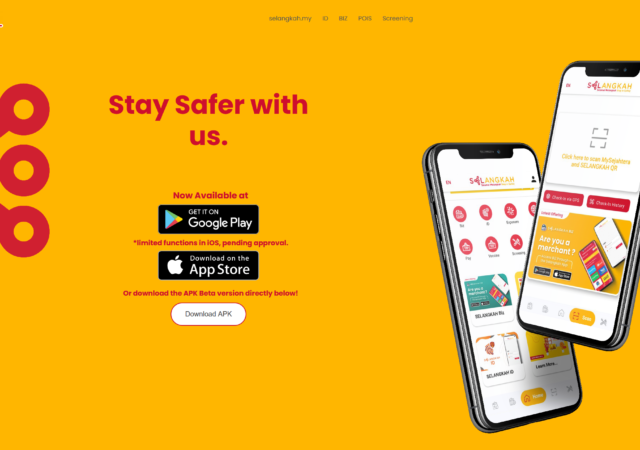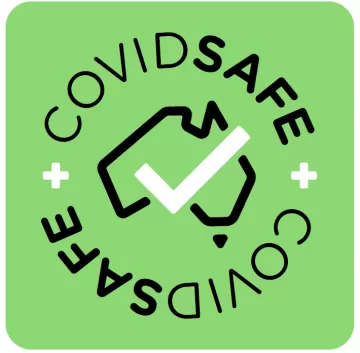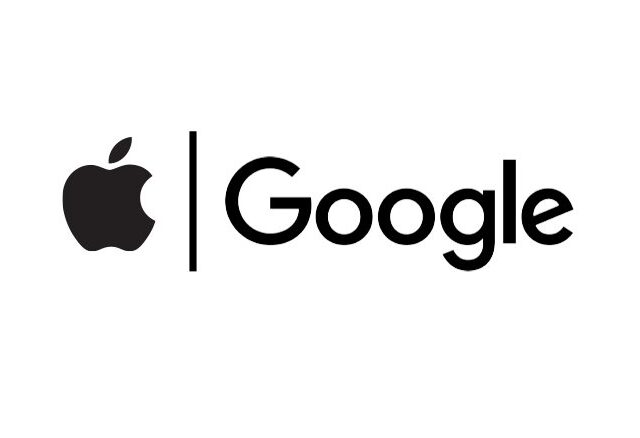Selangor’s contact tracing application, SELangkah, gets some major updates which look beyong the current COVID-19 pandemic.
[COVID-19] Australia is Next in Launching COVID-19 Contact Tracing App
Australia is the next region to launh their own COVID-19 contact tracing app. The app is based on Singapore’s TraceTogether app. There are some security and privacy concerns that comes with the app though.
Apple & Google Help Battle COVID-19 with Contact Tracing Technology
Apple and Google are joining forces to aid in the battle against the COVID-19 pandemic. The companies are announcing a cross platform API to help with Contact Tracing.





